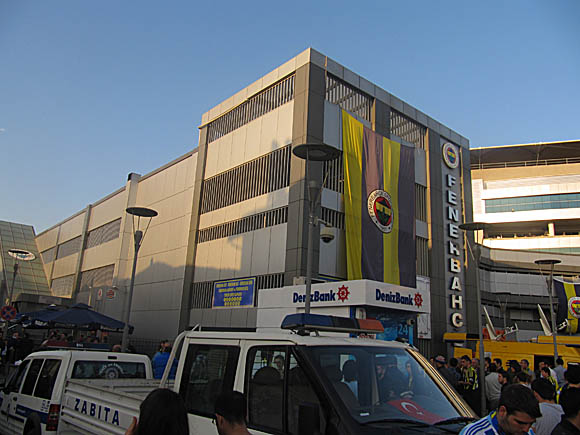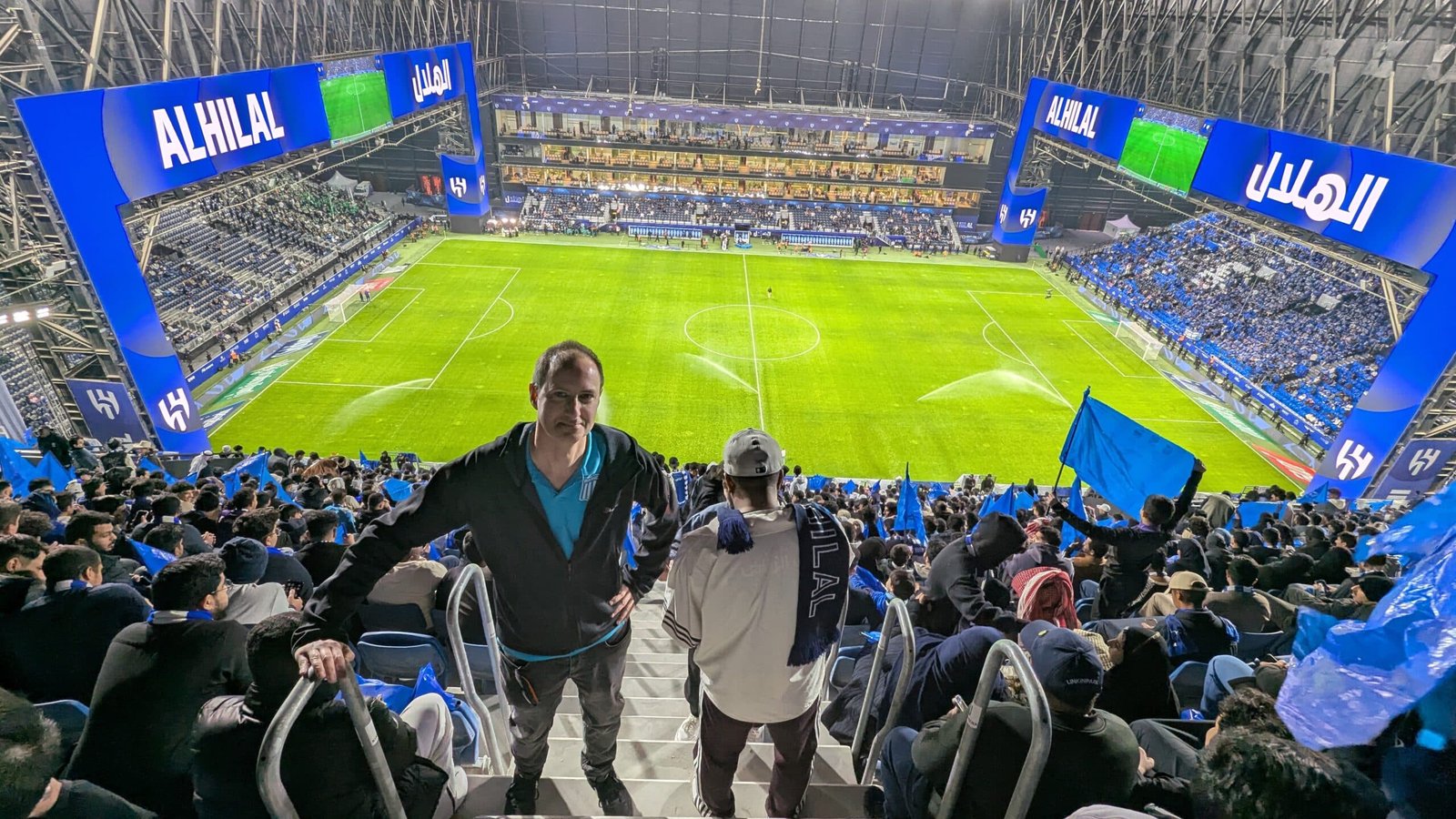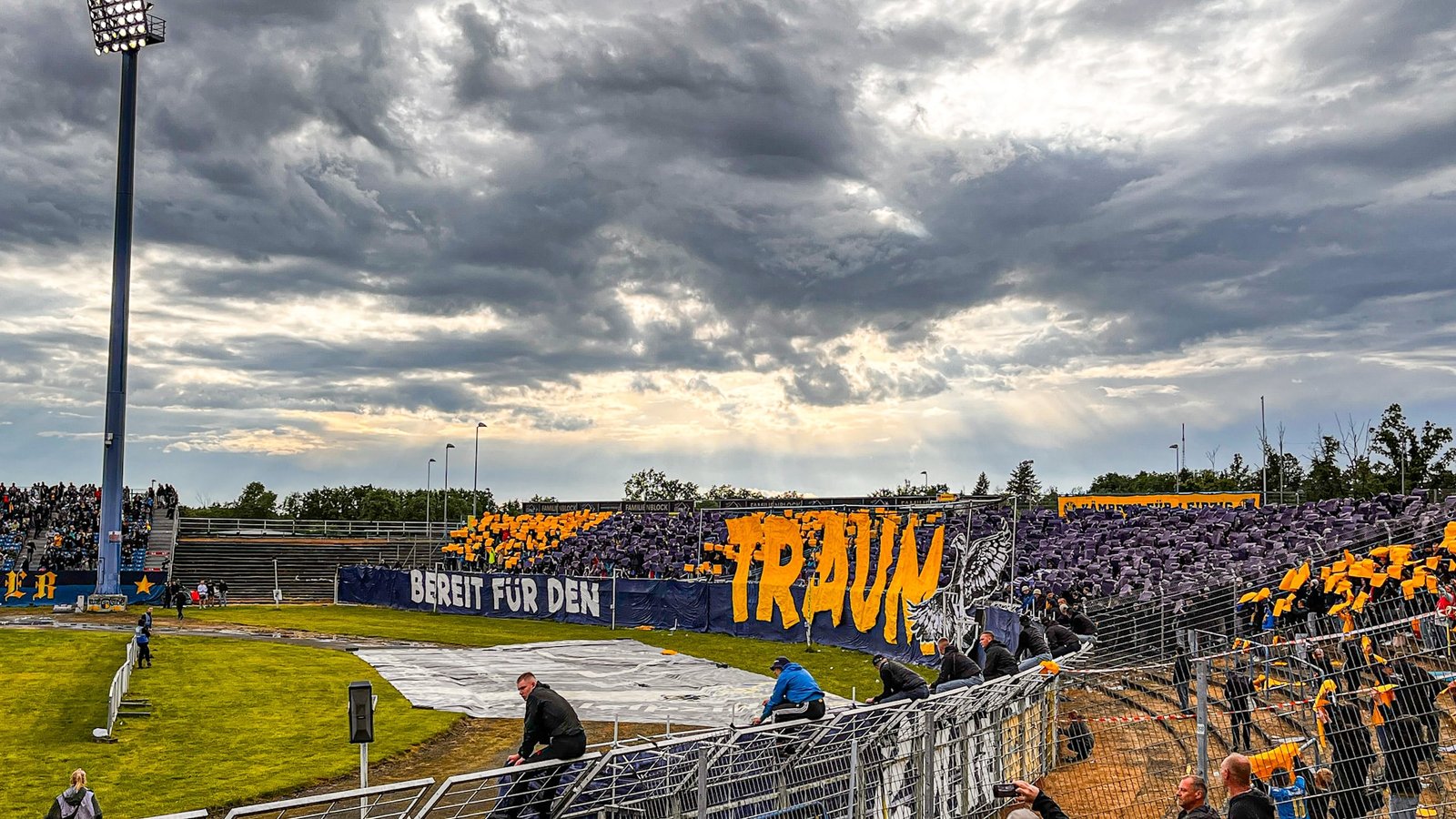Vllla's nine games to win in 1982 could nearly double for their Champions League debut campaign
Champions League debutants Aston Villa will be making football history this Tuesday, September 17, when they face Swiss champions Young Boys in Berne. Had Villa qualified for football’s elite club competition in 2023, they would have entered the long-established home-and-away group stage against three teams, a six-game round-robin that would have run until mid-December.
Even if the Birmingham side had trailed in third place behind a Barça or a Bayern, they would have been granted entry to the Europa League.
But as of 2024-25, for all three main European club competitions, the group stage is now consigned to history, and instead, in each of the Champions, Europa and Europa Conference Leagues, 36 teams will make up a single table in what is now known as the league phase.
Its first round of matches takes place this Tuesday, two of the six games with an earlier kick-off of 6.45pm (5.45pm UK time). One involves Villa.

When the Villans famously won the European Cup in 1981-82, they played five ties, four home-and-away, and that final against Bayern. From Tuesday, Aston Villa will play eight games in this league phase alone – including tasty fixtures at home to Bayern, Juventus, Celtic and fellow Champions League debutants Bologna, of which more later – with the possibility of home-and-away clashes in a Play-Off Round, a Round of 16, a quarter-final and a semi-final, adding another potential eight games. The final is at the Allianz Arena in Munich on May 31.
Each league phase in the three European tournaments works in the same way – except that in the Conference League, teams only play six games instead of the eight in the Champions and Europa Leagues.
The two higher-profile tournaments run into late January and not mid-December. This also means that the all games in the eighth and last round of Champions and Europa Leagues on January 29 and 30 respectively take place at the same time, 18 simultaneous matches that will stretch the capacity of even the biggest sports bar to screen every single fixture that night,

In all three cases, teams play once against another in the same pot, either home or away, but not both. The top eight of the 36 qualify automatically for the Round of 16. The next 16 go through to the Play-Off Round, the first eight of them seeded. The bottom 12 simply drop out there and then – there is no transferring to a lesser competition.
The many critics of this new format, to stay in place at least until the end of 2026-27, point to the lack of jeopardy to qualify 26 of the 36 teams, the toll on players and the hefty carbon footprint left by 144 games instead of the 96 of the former group stage. (The new-look Conference League is only slightly more onerous.)
UEFA, meanwhile, having seen off an attempt to set up a European Super League in 2021, will now hope to have placated the owners of the world’s biggest clubs, a significant number of whom – Real Madrid, Barcelona, Milan – are in the process of moving into staggeringly expensive new arenas this decade.
Plus, packed stadiums for every single fixture at this summer’s Euro 2024 tournaments, matches that could probably have been sold out twice over, shows that the public’s hunger for the international game knows few bounds.

Fans can look forward to four away trips instead of three, their teams facing eight different opponents in total. This means they also play host to four teams which is where, ironically, Aston Villa come back into the story.
Given that this marks the club’s Champions League debut and three of their four home games are huge crowd-pullers – against Bayern Munich, Juventus and, on that last jamboree night in January, Celtic – the billionaires of V Sports who own Aston Villa have seen fit to jack up ticket prices to between £70 and £97 per game.
While this represents an average increase of around 40-50% when compared with domestic fixtures, and despite a wave of online outrage, an expected protest at Villa’s league game with Everton this weekend fizzled out.
More to the point, tickets for the visit of Bayern on October 2, a repeat of that legendary final of 1982, sold out faster than for any another cup game in the club’s history.
Villa fans, meanwhile, will be making their way to Berne, and the Wankdorf Stadium whose predecessor staged the famous World Cup final of 1954. The iconic Longines clock that measured out the shock defeat for Ferenc Puskás’ Hungary that wet afternoon 70 years ago is still in place.

Also on Tuesday, after Villa and Young Boys have trooped off the pitch in Switzerland, Liverpool face their old foes Milan at the San Siro, while the next night, this Wednesday, September 18, Arsenal play Atalanta in nearby Bergamo. Celtic host Slovan Bratislava and Manchester City welcome Internazionale.
Rather than schedule Europa and Conference League games during this same opening midweek, UEFA has decided to delay them until September 25-26 and October 2-3 respectively. While Tottenham v Qarabag might not set the pulses racing, further down the line, followers of British and Irish clubs can look forward to some choice fixtures, not least Manchester United’s visit to José Mourinho’s Fenerbahçe and Rangers’ to Olympiacos.
In the Conference League, The New Saints start their league phase campaign at Fiorentina, Larne travel towards the Arctic Circle to Molde and Hearts fans have the pleasure of a trip to Sumgayit, beyond Baku, overlooking the Caspian Sea. There, the opposition won’t be Azerbaijan Premier League regulars Sumgayit FK but Dinamo Minsk, whose Belarus home is off-limits to host European fixtures.
Keep a check on Libero for guides to stadiums and destinations from Astana to Zagreb – with more being added all the time.











